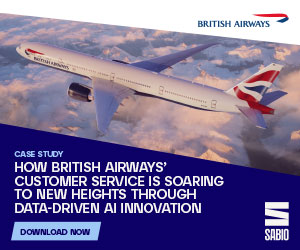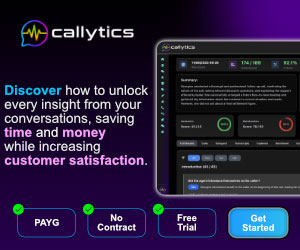This case study looks into the future contact centre of the charity YoungMinds – in terms of people, process and technology.
About YoungMinds
YoungMinds is the UK’s leading charity committed to improving the well-being and mental health of children and young people.
As well as working closely with young people and their families, the charity actively campaigns on a number of issues impacting young people and their mental health.
The charity’s work has never been so crucial. Today in the UK, one in eight school-age children has a diagnosable mental health disorder, while one in six 16-to-24-year-olds exhibits symptoms of a common mental health issue, such as depression or an anxiety disorder.
YoungMinds makes sure that all young people get the mental health support they need, when they need it, no matter what, whether they need specialist mental health support, a reassuring conversation, or simply to understand that they are not alone in how they are feeling.
At a Glance
- One in six 16-to-24-year-olds exhibit symptoms of a common mental health issue
- 1 in 8 children have a diagnosable mental health disorder – that’s roughly 3 children in every classroom
- Half of all mental health problems manifest by the age of 14, with 75% by age 24
- Nearly half of 17–19-year-olds with a diagnosable mental health disorder has self-harmed or attempted suicide at some point, rising to 52.7% for young women
- Less than 1 in 3 children and young people with a diagnosable mental health condition get access to NHS care and treatment
Future-Proofing the YoungMinds Parents Helpline
As well as helping young people directly, YoungMinds operates a Parents Helpline, which provides advice and support to parents and carers.
Over recent years, demand for the Helpline has grown considerably. IP Integration (IPI) therefore offered to support the charity by auditing its technology infrastructure to ensure it was fit for purpose, and that more parents could access the help YoungMinds offers.
IPI’s team of consultants worked in close collaboration with YoungMinds for several months at the start of 2020, helping to create a blueprint that will enable the Helpline service to run more efficiently and effectively.
Technology, People and Process
IPI captured the volume of calls to the Helpline, understanding how this varied throughout the week, while its consultants also spent time shadowing the YoungMinds team to best understand how the service operated and supported parents.
By developing this in-depth appreciation of how YoungMinds’ advisors handled calls, the time they spent with parents, and what actions were required once calls had finished, IPI was able to develop a tailored series of recommendations based on the unique nuances and challenges of the YoungMinds Helpline.
- Technology Recommendations: These included advice on how a cloud-based telephony system could enable Young Minds’ team of advisors, call handlers and volunteers to work more flexibly, while at the same time keeping costs manageable and predictable for the charity.
- People recommendations: IPI’s assessment found that calls to the Helpline peaked during school hours, when parents were sure they could talk in confidence. IPI’s consultants were therefore able to include recommendations of how the Helpline should be resourced, including how YoungMinds’ team of committed volunteers could be best utilized to provide support when it was needed the most
Process recommendations: IPI was also able to make some recommendations on how to streamline follow-up communications with parents, for example, by increasing YoungMinds’ use of digital channels.
Next Steps
Supported by IPI’s capacity planning guide, the YoungMinds Parent Helpline Team now has a clear, intelligence-led blueprint that is shaping the direction of its future operation. This will enable the charity to continue to provide much-needed and much-valued support to the parents and carers who turn to it.
Author: Guest Author
Published On: 16th Nov 2020 - Last modified: 30th Nov 2020
Read more about - Industry News, Case Studies, IP Integration





































